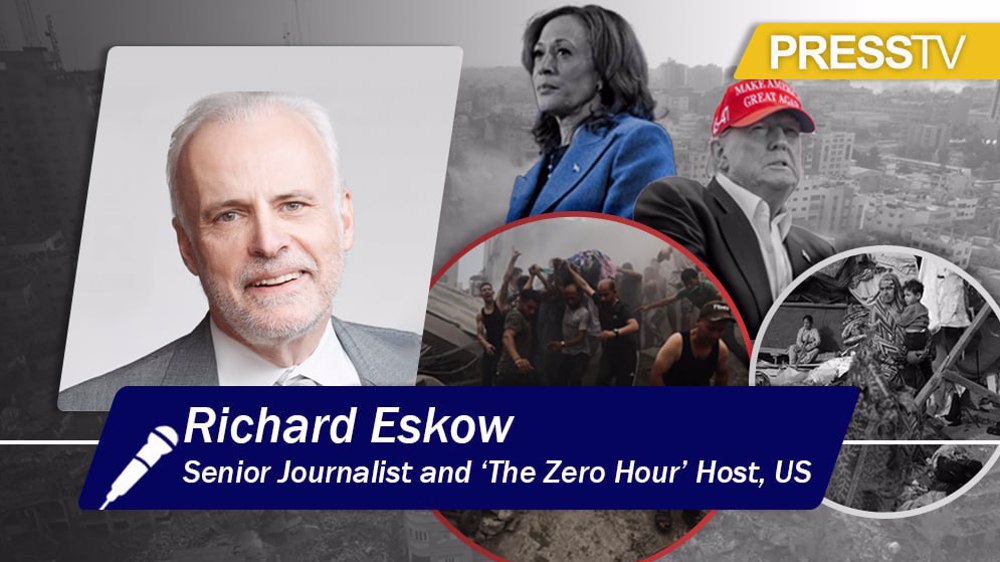US to station THAAD in S Korea 'as soon as possible'
The United States aims to expedite the deployment of an advanced missile system to South Korea, amid ongoing threats from Pyongyang and opposition on behalf of Beijing.
US Assistant Secretary of State for East Asia Daniel Russel said on Tuesday that Washington was committed to deploy the Terminal High Altitude Area Defense (THAAD) missile system in Seoul "as soon as possible" to counter threats posed by North Korea following its repeated missile tests.
"Given the accelerating pace of North Korea's missile tests, we intend to deploy on an accelerated basis. I would say as soon as possible," Russel said.
Pentagon's spokesman Commander Gary Ross also announced that THAAD would be stationed "as soon as feasible," declining to provide further details or determine a specific timeline.
Last week, Russel said that the installation of the system had been agreed upon and the deal could not be negotiated despite China’s opposition.

China, North Korea's main ally, is strongly opposed to the deployment plan, but has expressed its anger over North Korea’s repeated missile and nuclear tests in the region.
North Korea has conducted a series of military technology tests this year, including a fourth nuclear test in January, to counter what it describes as joint US and South Korean “provocations” in the region.
Pyongyang has pledged to develop a nuclear arsenal in a bid to protect itself from the US military, which occasionally deploys nuclear-powered warships and aircraft capable of carrying atomic weapons in the region.
North Korea says it will not give up on its nuclear “deterrence” unless Washington ends its hostile policy toward Pyongyang and dissolves the US-led command in South Korea.
The US is a close ally of South Korea and the two countries hold joint annual military exercises every year.
The UN and the West have so far imposed a raft of crippling sanctions on North Korea over its nuclear and missile activities, while Beijing is highly critical of imposing sanctions and tougher measures on the North.
The two Koreas have been hostile to each other since the end of their 1950-1953 war, known as the Korean War. Since then, the peninsula has been locked in a cycle of military rhetoric.
Hamas open to any proposal aiming to end Gaza war: Hamdan
Role of private sector in Iran’s thriving space industry
Four Palestinians killed in Israeli strikes on West Bank
Iran warns of ‘calculated, precise’ response to Israeli aggression
After year-long genocide, Israeli military hires private firms to flatten buildings in Gaza
Malaysia working on resolution to expel Israel from United Nations
Israeli military made no territorial gain in Lebanon: Report
VIDEO | 70 Palestinians killed in Israeli strikes across Gaza Strip










 This makes it easy to access the Press TV website
This makes it easy to access the Press TV website